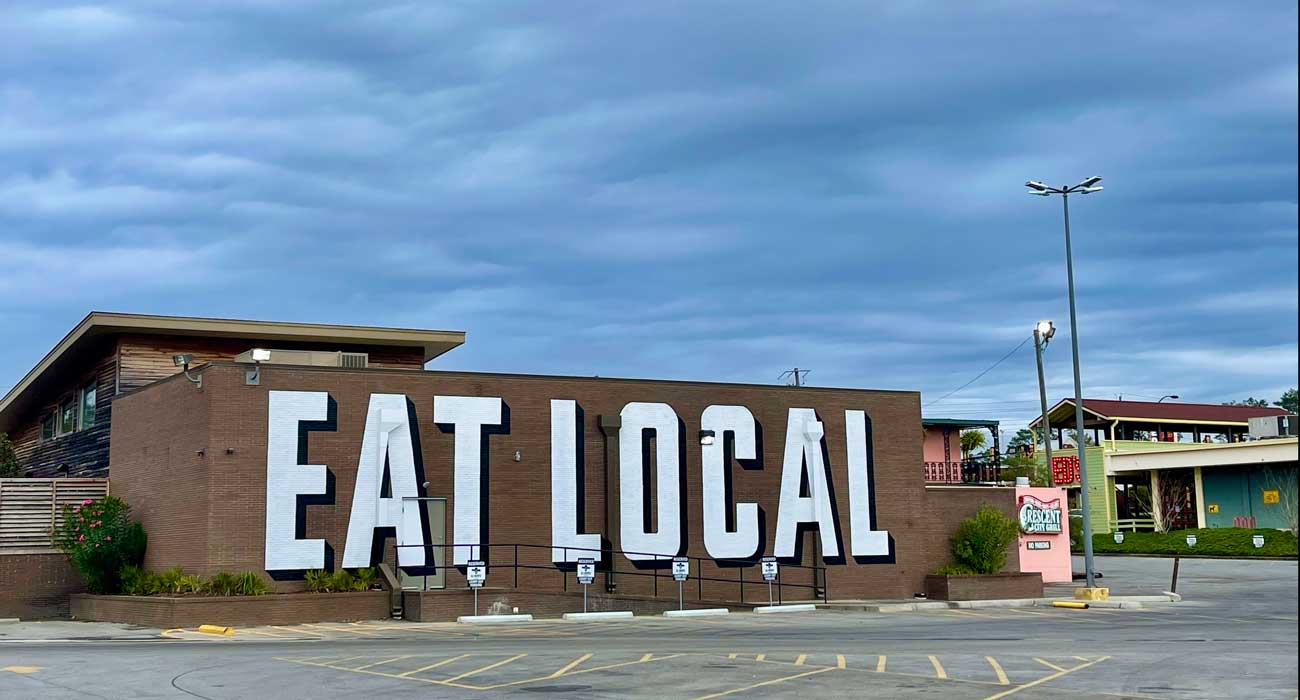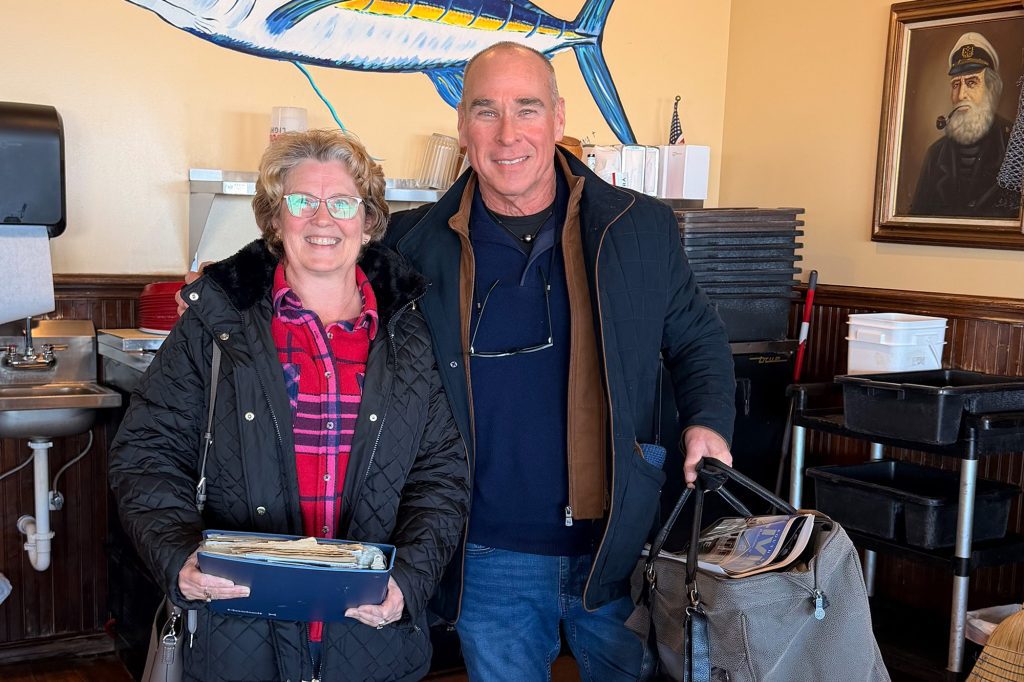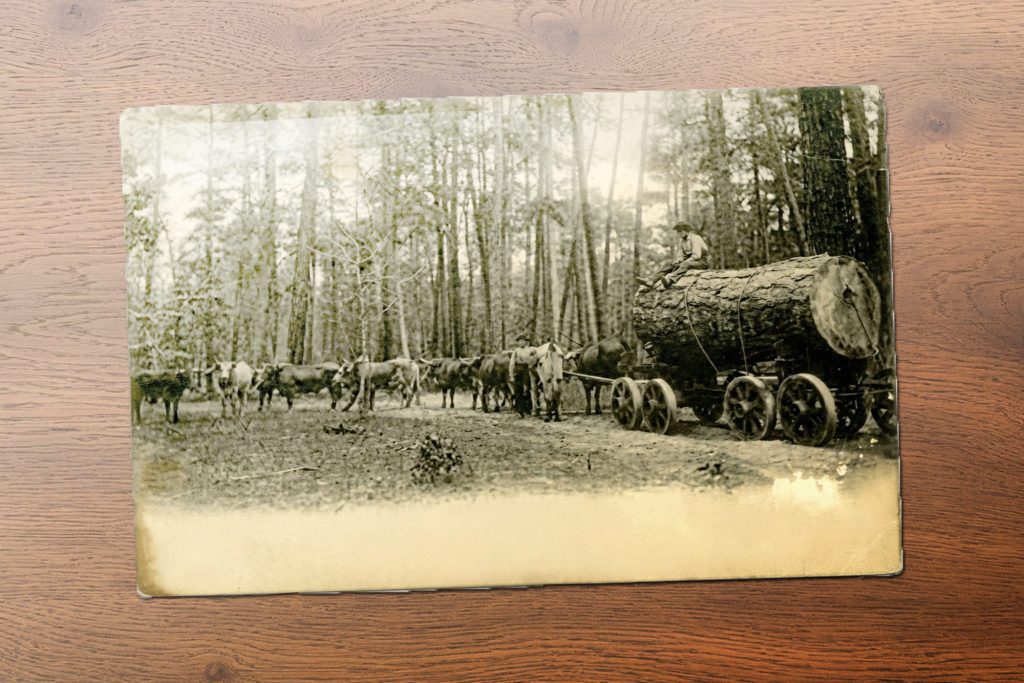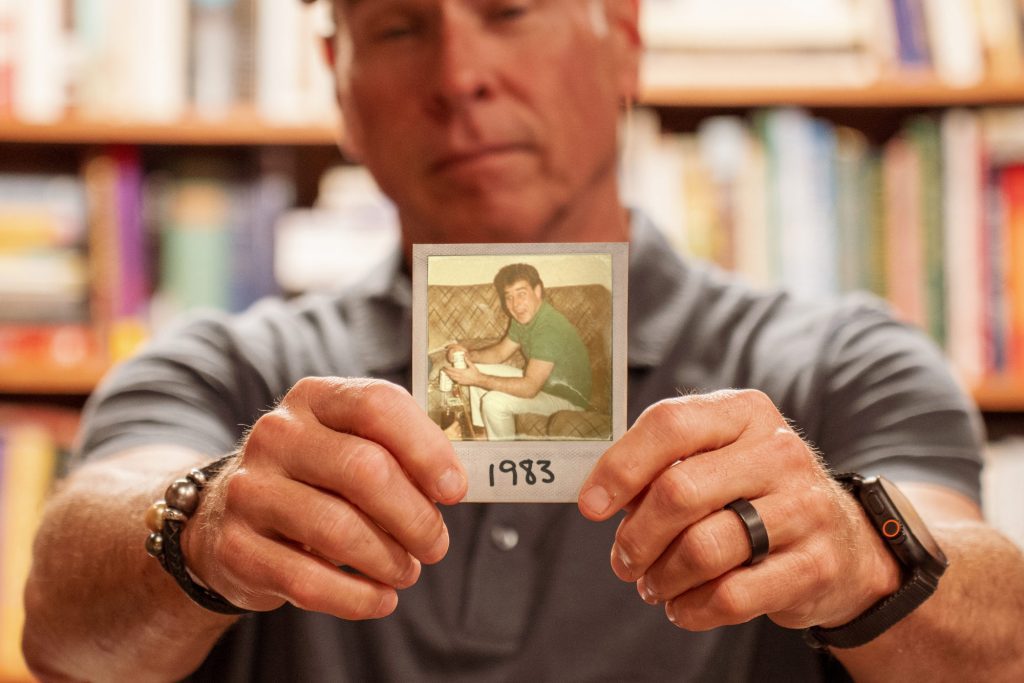NEW ORLEANS— Every day of my life I wear a small button on my shirt, jacket, or vest— sometimes all three— that reads, “Eat Local.”
It’s a professional philosophy and an outward statement of personal conviction. I have dozens of Eat Local pins. They stay on my jackets and suits that don’t go through a regular one-wear wash cycle. If I’m attending a funeral I’ll take the button off of a suitcoat, but otherwise, whether I’m in a t-shirt or a dress shirt, I always wear an Eat Local button. It’s who I am and what I believe.
I believe it so much that I painted an 18-foot tall “Eat Local” mural on the entire back wall of one of our restaurants.
When I opened the first restaurant in 1987, I wasn’t worried about people eating locally. In those days there were only a few full-service restaurants open in my hometown of Hattiesburg, Mississippi. Most of them were independently owned local restaurants. There were several fast-food chains, but when it came to full-service restaurants none of the national corporate chain restaurants had arrived yet.
I opened on the border of 40th Avenue, which, at that time, was the edge of town. In the early 1990s, as people began moving westward into gated subdivisions, massive strip centers sprung up and national chain restaurants began popping up along the main business corridor.
There is a world of difference between locally owned restaurant concepts and national chains. Chain restaurants are cookie-cutter concepts developed by a corporate team of designers and executives in some faraway city, most of whom have never visited— and will never visit— that particular city or small town. The chain restaurant at the interstate off-ramp in my hometown looks, feels, and tastes exactly like the chain restaurant just off the interstate exit in the next town, and the next, and the next, from the Atlantic to the Pacific, and all points in between.
We are becoming a nation of homogenous and characterless cookie-cutter concepts that serve food on the level of the lowest common denominator because they have national buying power and must answer to stockholders at an annual meeting in New York, Chicago, or Dallas. Most could care less about locally sourced ingredients from farmers and fishermen in the backyards of the towns and cities in which they are located. National chains are like seed-packet retail. It’s as if someone flew over an interstate exchange that is located near the newest part of town and threw out a bunch of corporate-chain seeds, and the same stores that sprout up in other cities group together and start sprouting up there.
There’s nothing original there. There’s nothing specific to that town and its people, unless there are a few photos on the wall awkwardly trying to relay local color.
At one time, in the not-too-distant past, all we had in local towns and cities were locally owned and independent cafes and diners. They were owned by people that lived in our neighborhoods and operated by still more people that lived in our neighborhoods. They assumed the character and personality of the city or town in which they were located.
Hardly anyone is opening a local café these days. It’s sad. Community diners disappeared and we barely noticed. We all got enticed by the shiny theme restaurants with national advertising and studio photography that looks nothing like the result that winds up at the table. We have become a seed-packet society that wishes for the next hot national chain to come to town. When it does, we realize that it doesn’t have the charm and character of the local places. But— without access to the capital available to the national chains— the locally owned restaurants begin to close.
National chain restaurants do not make a city better and more livable. Locally owned, independent restaurants do, almost every time.
I am not talking about fast-food franchises. While I am not an enthusiastic advocate for fast-food, there are several of those that are owned by friends of mine who are locals. The greater food/chef community would totally disagree with the following statement, but I stand by it. Fast food franchises (especially those that are locally owned) play a part in the make-up of a town. They are affordable and accessible to many who can’t dine in a full-service restaurant. And a couple of them are pretty good. I have a few friends who own fast-food franchises, and I consider them small business owners, too.
It’s the national full-service chains that I believe have invaded our culture and robbed many towns of their character and identity.
I write this column in New Orleans. My Eat Local button is sitting on the dresser in my bedroom. I always take it off when I come down here because it’s redundant. New Orleans is a city that revolves around— and celebrates— independent, locally owned restaurants. Sure, there are fast-food chains, and a few national full-service corporate chain restaurants in the suburbs. But what makes New Orleans one of the great food cities in America (#1 in my book) are the independent locally owned restaurants— from the corner dive bar that serves oysters on the half-shell, to the fine-dining stalwarts that have lasted over a century.
Pre-Covid, Orleans Parish had over 1,200 dining establishments, or one for every 325 residents. I don’t have the exact figure, but if I had to guess, I would estimate that at least 90-95% of New Orleans’ dining establishments are locally owned independent businesses run by entrepreneurs who took great risks to open and operate in that highly competitive city. The result is that those independent establishments are a huge part of what gives New Orleans its character.
No corporate event planners are selling their conventioneers on New Orleans because it is filled with the same chain restaurants that can be found in Cleveland, Minneapolis, and Orlando. No. People dream about going to New Orleans for the food and culture. It has been my experience that the better the food and culture of a place, the more interesting the character.
And character matters, not only in people, but in towns and cities. The next time you decide to dine-out, please support your locally owned restaurants and businesses. Now, more than ever, Eat local. Shop local. Live local. It matters.
Onward.




